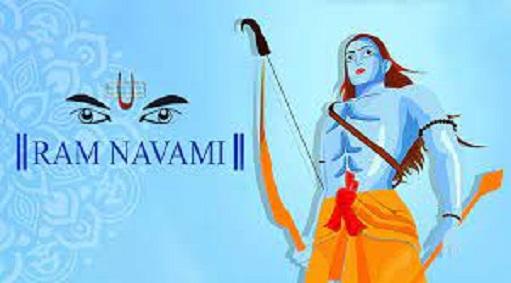Africa-Press – Lesotho. “In gravity, he is like the sea; in fortitude, like the Himalayas; in might, like Vishnu; in beauty, like the moon; in forbearance, like the earth; in anger like the doomsday fire; in bounty, like Kubera, the giver of wealth; in devotion to truth, like Dharma or Religion himself.
These were the priceless words with which Sage Narada described Rama to Valmiki, words which sent the poet into rhapsodies, and set him writing not a mere epic poem, but a poem which has molded the lives of millions of people.
For the hero Rama is no ordinary mortal. A study of his life can bring great benefit to a person, more than can the study of the life of any other hero.
Likewise, can the study of many other characters in the epic bring in its wake a surge of noble emotions in the bosom of the individual; for in the Ramayana is expressed the finest emotions that can ever exist between friend and friend, brother and brother, father and son, and homage is paid to all ennobling and eternal virtues of human character.
But the character of Sri Rama stands out above all others. It was Valmiki’s design to portray his hero not as a super-human personality, a monster of perfection, one who is unapproachably great, a person whose immaculate nature barricades him from us lesser mortals, as one in whom naught else exists but saintliness, but as one who runs through the gamut of all emotions familiar to us.
But while we concede that the little things which stir us, stirred him too, we cannot fail to notice that none of them ruled him, overpowered him, as they do us.
And herein lies the difference which puts a whole sea of distance between him and us. In Rama one finds that all great virtues have taken their abode. He is perfect almost to a fault in whatever role he plays.
A prosperous kingdom, boundless honor from the subjects, untold comforts and luxury – all these seem petty in the face of vindicating his father’s honor and rendering him a truthful man.
So to the forest he cheerfully repairs, ready to confront whatever lies in store for him. As a dutiful son he stands supreme, for time and again when Kaikeyi is accused or abused for the injustice met out to Rama, he jumps to her aid and defends her.
For fraternal love there is none to equal him, for even the long-cherished union with Sita, nay, his very life itself is he willing to forego, when he sees the faithful Lakshmana dying on the battlefield.
We thrill with admiration when we hear Rama giving his ‘enemy’ Ravana another chance to prove his valor, after the latter has been ignominiously disarmed and placed in a helpless position.
Yet the valiant Rama bids the vanquished Ravana to return to his palace and come back equipped the next day. Any other mortal would have seized the opportunity and dealt the coup de grace joyfully, but then Rama was not made of common clay.
If an epic is a great work of art which is “intended expressly for the edification of man,” then the Ramayana more than fulfills the purpose. And in Rama we find a person whose exemplary living has set a glorious pattern upon which we would do well to model ourselves. For it is only through living the dharmic way of life that man reaches perfection.
For More News And Analysis About Lesotho Follow Africa-Press






